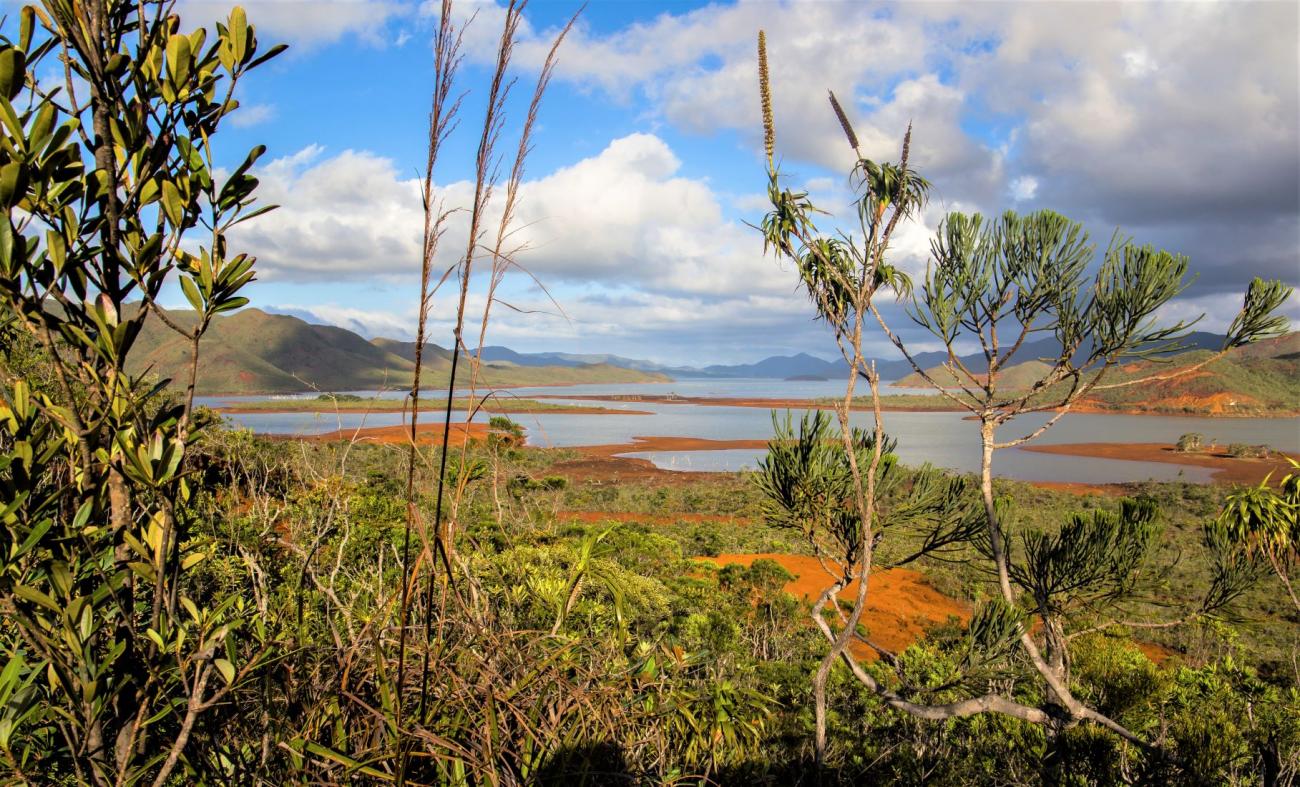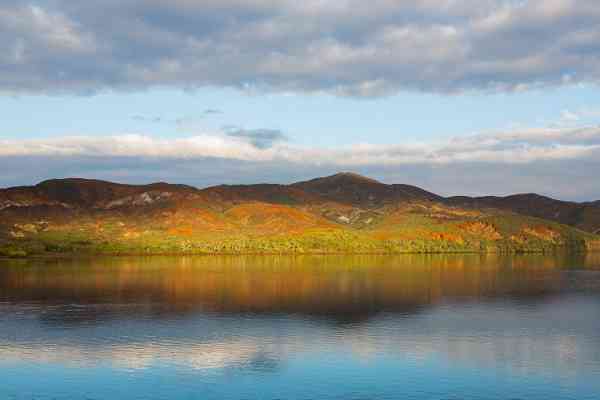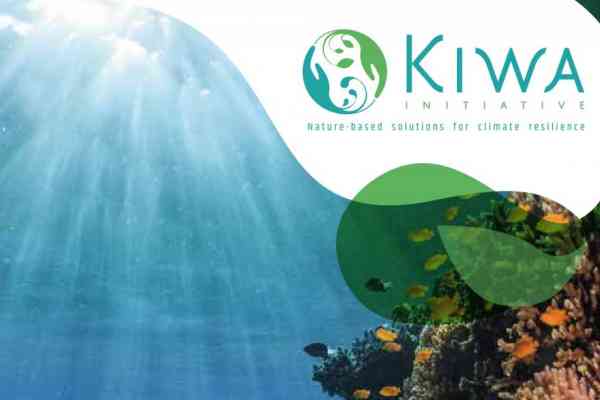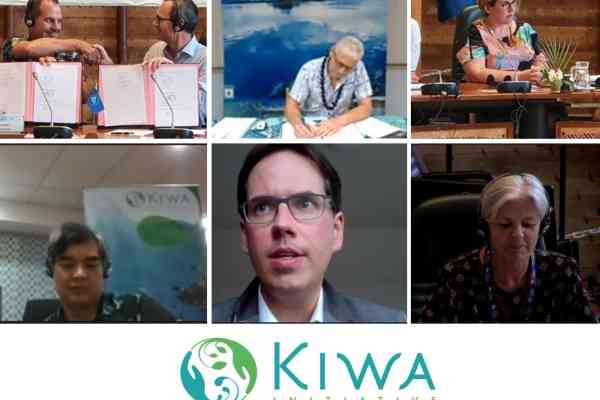True storehouses of biodiversity, the Pacific Islands are home to a unique natural heritage characterised by some of the world’s highest endemism rates for both flora and fauna.
However, this biodiversity is under threat due especially to the growing impact of climate change. For example, half the birds and two-thirds of the endemic plants of French Polynesia are on the Red List of Threatened Species in France.
This requires new approaches to ensuring sustainable biodiversity conservation. One of them is the Kiwa Initiative, a multi-donor programme which aims to support Nature-based Solutions for adapting to climate change and conserving biodiversity in the Pacific.
Following the release of the Initiative’s second call for ideas for regional projects, the Pacific Community (SPC) held regional information sessions to present the funding opportunities the Initiative could provide to the 19 eligible countries and territories.
More than 50 government stakeholders were able to assess the potential benefits of a regional approach to Nature-based Solutions.
“One of the specific features we share with other Pacific communities is our deep and cultural reliance on both the environment and the integrity of our ecosystems,” noted Ilaisaane Lauouvea, Senior Adviser – Multilateral relations in the New Caledonia government’s Regional Cooperation and External Relations Department.
“It is in our common interest to develop an economic and social development strategy for adapting to climate change that is based on ecosystems and nature-based solutions. That is the reason why we have high expectations in terms of support and sharing experiences with the other islands in that area,” she added.
This is a vision shared by Xavier Matsutaro, National Climate Change Coordinator at Palau’s Ministry of Finance’s Office of Climate Change. He gave the example of Jellyfish Lake, one of the country’s main tourist attractions, which has suffered significant losses in biodiversity over the past few years. Considered a threatened gem within the country, it could, however, be an ideal entry point for the introduction of Nature-based Solutions.
The representatives of atoll nations took the opportunity to advocate for better recognition of the specific features that put them at greater risk from climate change. “Water management and supply, which are common challenges across the Pacific region, are particularly critical in atoll nations such as Tokelau, which is just six meters above sea level, so we need to find and implement lasting solutions to overcome them,” explained Mika Perez, Director of Tokelau’s Department of Economic Development, Natural Resources and Environment.
Nature-based Solutions seem especially suitable for meeting such needs since they are primarily adapted to the local environment. Nature-based Solutions also put communities at the heart of the initiatives developed, a vital element as highlighted by Roxanne Siual Blesam, Chief of Staff for Palau’s Office of the Vice-President: “New solutions are essential for those living on the frontlines of climate change and who rely on biodiversity for their livelihoods. Palau is very rich with its high marine resources such as seagrass beds or reefs, but local communities need support to help ensure the sustainability of such resources.”
Over the coming weeks, SPC will identify priority areas of interest and the related needs of the countries and territories, to support them in setting out priority actions that could be submitted as part of the call for ideas.
For more information on the Kiwa Initiative, please visit Kiwa Initiative website.



